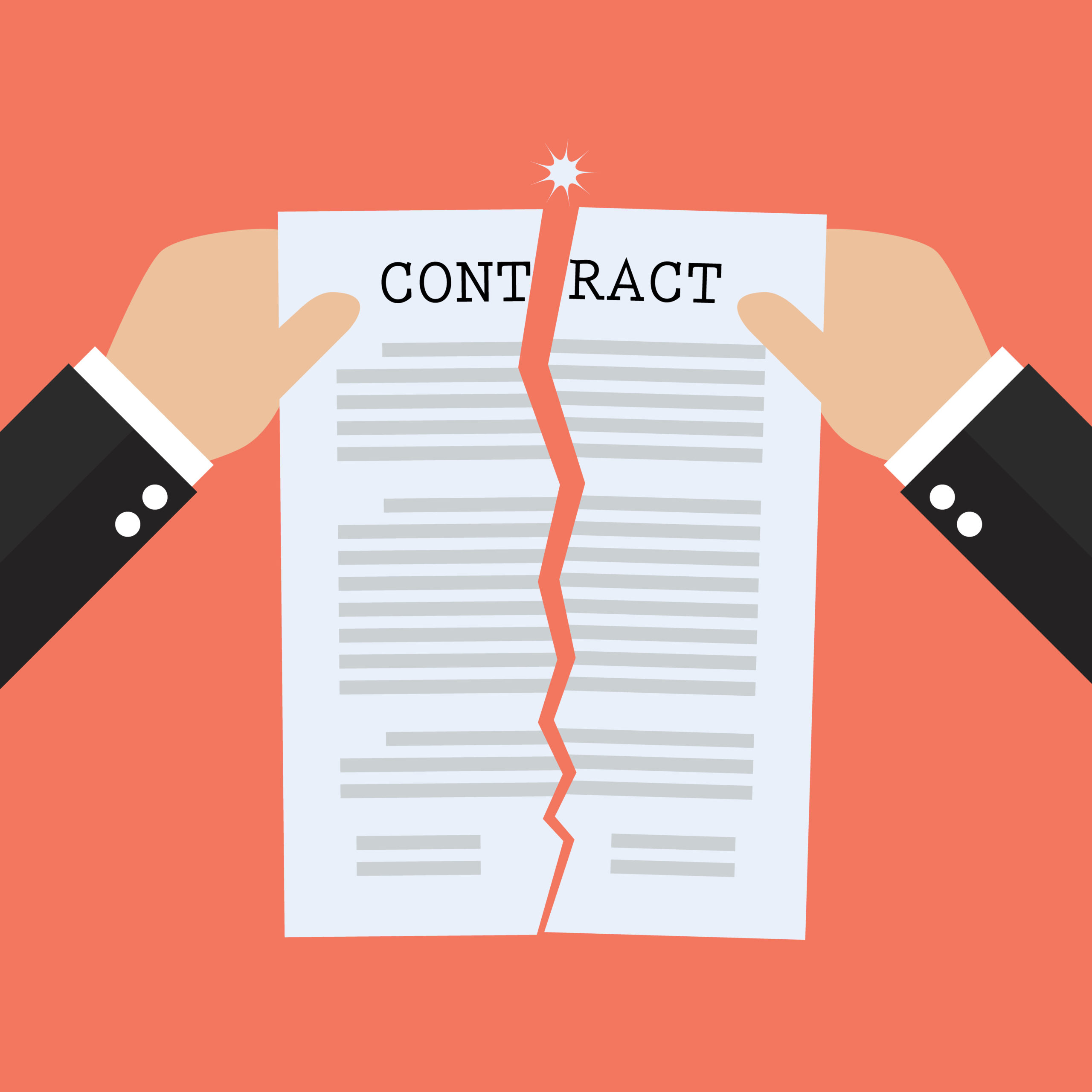What is Breach of Contract and its Types?
There are two types of contracts: a contract for the sale of goods and a contract for services. For the most part, the remedies available for breach of contract for either a sale of goods or for serves are the same, but there are also some differences. When there’s a breach of contract for the sale of goods, the UCC governs. Under the UCC, failure to deliver goods is a material breach, but in common law, it is not. Any contract can contain a “liquidated damages” provision which typically includes a certain amount of money that the non-breaching party is entitled to if a party breaches the contract.
What are the Remedies for Breach of Contract?
In the event the contract you entered into does not have such a provision, the following remedies may be applicable:
Breach of contract for services:
1) Expectation damages—money equivalent for the loss of the benefit of the bargain
2) Reliance damages—put the non-breaching party in the pre-contract position (before the contract occurred)
3) Restitution damages—prevents unjust enrichment and puts the breaching party in the pre-contract position
Breach of contract for sale of goods:
1) Under the UCC, there’s the Perfect Tender Rule, which provides that if the goods or tender of delivery fail to conform to the contract, the buyer may:
- Reject the whole;
- Accept the whole; or
- Accept any commercial unit or units and reject the rest.
2) If the Seller breaches, the Buyer can:
- Cover—buy substitute goods and get the difference between what the buyer paid and what the buyer was supposed to pay under the contract;
- Specific performance—if the goods are unique (rare, not easily replaced) or in other proper circumstances; or
- Do nothing and sue for market damages—the difference between the market price and the contract price.
3) If the Buyer breaches, the Seller can:
- Re-sell and seek damages;
- Recover from the Buyer the difference between the contract price and the resale price; or
- Recover under the lost profit measure
How do you Prove Damages in a Breach of Contract?
1) There is an enforceable contract between the parties,
2) Defendant breached the contract, and
3) Plaintiff (non-breaching party) was damaged.








